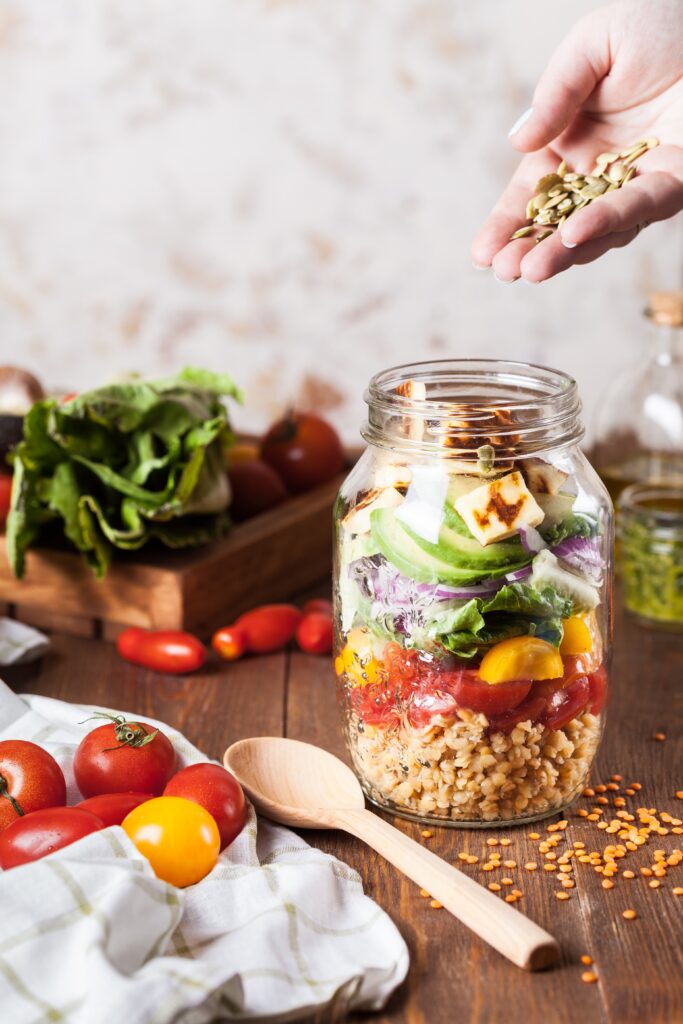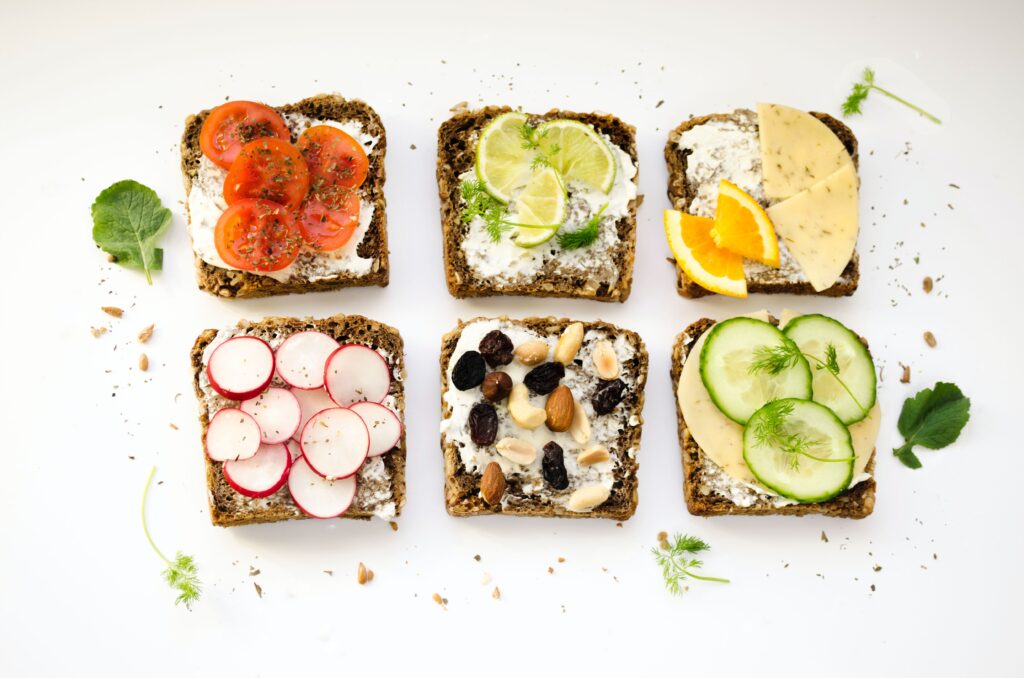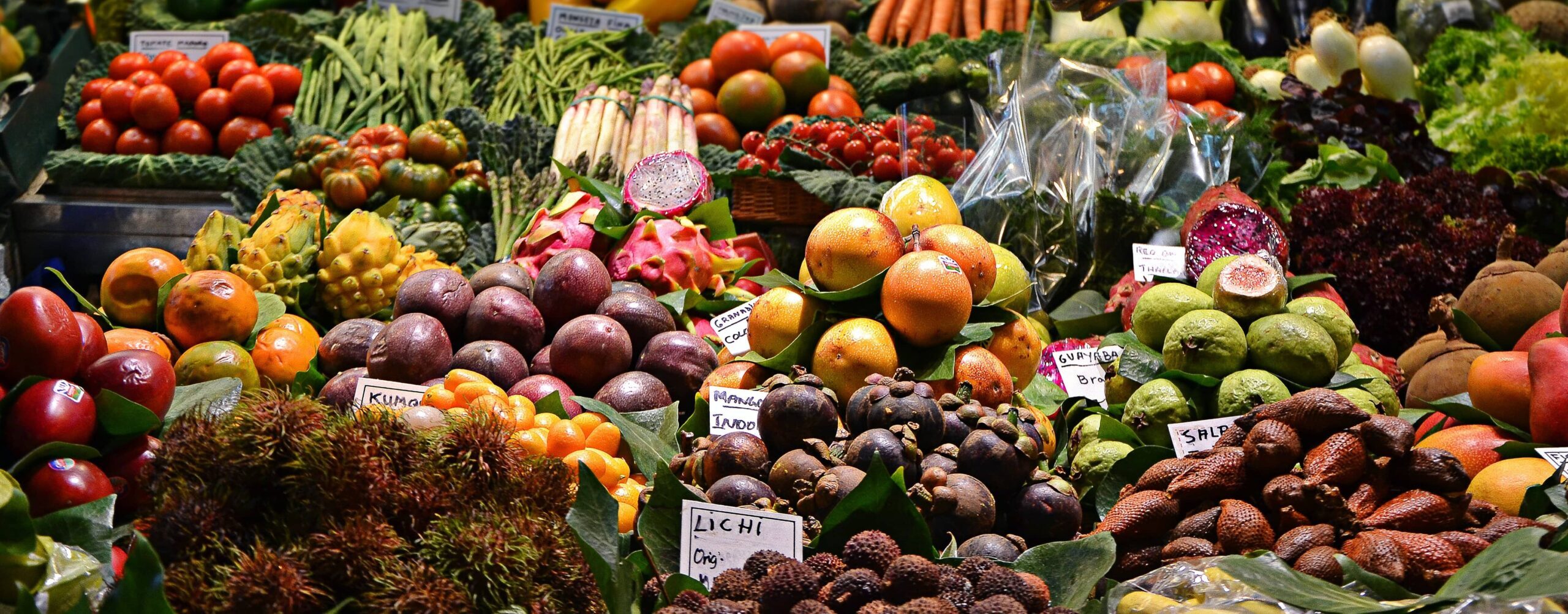By Elma Reka, Founder of Start in the Gut
“Gut health” has become a very popular term, and just by doing a little research, it becomes apparent as to why. There is surmounting evidence establishing the link between compromised gut health and a myriad of chronic conditions, from the most debilitating ones like diabetes, Alzheimer’s, chronic fatigue, depression, and autoimmune diseases, to everyday episodes of acne, brain fog, moods, bloating, indigestion, etc. Once Gut Health is addressed and optimal, not only do you reduce the risk of chronic disease, but you will feel full of energy, happy and calm, have soft glowing skin, no more constantly changing moods, and surely bye-bye extra weight and PMS for the ladies!
BUT WHAT IS GUT HEALTH?
To simplify it, let’s separate gut health into two parts: the gut barrier and the microbiome.
The Gut Barrier is the mucosal layering (epithelia) throughout the GI tract, the body’s largest interface between a person and the external environment, and hosts more than 70% of the immune system. The gut barrier is essential for digestion, absorption of nutrients and sorting out waste and toxins for elimination. The gut also hosts the largest neuronal network outside the brain, facilitating communications with the brain about energy uptake and other conditions and influencing mood and general well-being. This mysterious part of our body, which requires a lot more attention than it gets, is critical because it:
- Helps to ensure proper digestion, followed by nutrient and fluid uptake.
- Acts as the very first line of physical defence against any potential harmful molecules entering the gut
- Limits the transport into the bloodstream of potentially harmful antigens and microorganisms
- Regulates the immune function by identifying harmful from not harmful.
- Facilitates communications with the brain about energy uptake and other functions that affect mood and general well-being.
- Hosts the largest neuronal network outside the brain, the enteric nervous system (ENS).
When the gut barrier is compromised, all the above functions are also compromised, which, if unaddressed, over time can lead to various health conditions and has a lasting impact on how well we age.

The microbiome is the complex ecosystem of bacterial and non-bacterial species hosted in our gut. On average, the microbiome consists of over 100 trillion of these species combined (e.g., archaea, viruses, and fungi). This extraordinary ecosystem was not generally recognized to exist until the late 1990s, however, scientists nowadays consider it a separate ‘organ’ as it is essential for human development, immunity and nutrition. Microbiome through the microorganisms residing there helps to:
- Digest certain foods i.e. dietary fibre, that humans are not able to digest.
- Facilitate absorption of dietary minerals like iron, calcium, magnesium.
- Synthesize essential vitamins like vitamin K, folate (B9), and amino acids that are the building blocks for protein.
- Produce important molecules like short-chain fatty acids, essential for the gut, body, and even brain health.
- Defend against harmful microorganisms, degrade toxic compounds.
- Communicate and cooperate with the immune system and protects our bodies from certain diseases.
- It can shape mood and behaviour.
By simply addressing and taking care of our gut health via nutrition and lifestyle choices can positively impact our health conditions drastically. This is largely due to the impact that diet and lifestyle have on our gut microbiome and the many trillions of bacteria that live there. The more diverse the bacteria in the microbiome, the more protective and health-promoting it is.

Diet is a major factor affecting the gut microbiome
There are many things one can do to take care of their gut, but you can start with a few basics, which are the most powerful ones too.
Diverse Diet = Diverse Microbiome and Diversity means Health!
1. Eat a variety of real whole foods, make a note of the diversity and colour each week. Real whole foods provide not only fibre but other beneficial components called polyphenols known to interact with our microbiome.
2. Polyphenols, mostly found in colourful plant-based foods and drinks, have powerful antioxidant and anti-inflammatory effects. These reduce your risk for chronic diseases.
To include a wide variety of polyphenolic compounds in your diet, eat plenty of plant foods in every colour every meal!
You can start by picking 5 different coloured veggies and create a delicious and beautiful salad!
3. Aim for at least 30 different types of vegetables & fruit per week – sounds daunting but when you write it down it really isn’t. Why don’t you start today and pick it up as a challenge?
Apart from adding, you should also focus on removing and avoiding things that damage your gut, like:
– ultra-processed, sugary and starchy foods
– artificial sweeteners
– fried foods
– environmental toxins
– chronic stress
For more gut health advice follow @startinthegut and visit www.startinthegut.com.

Elma Reka is a registered Nutritional Therapy practitioner, mBANT and rCNHC, practising out of London. Trained in Functional Medicine model and Nutrigenomics, she is a firm believer in bio-individuality and through her company, Start in the Gut, she provides evidence-based, proven health solutions incorporating cutting edge functional laboratory testing, genetic testing, personalized nutrition and lifestyle. She is an expert at combining hardcore science with the wisdom of nature and life.





